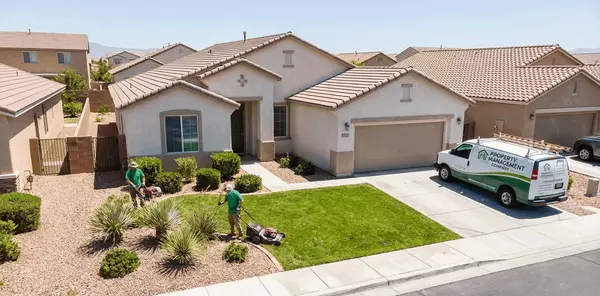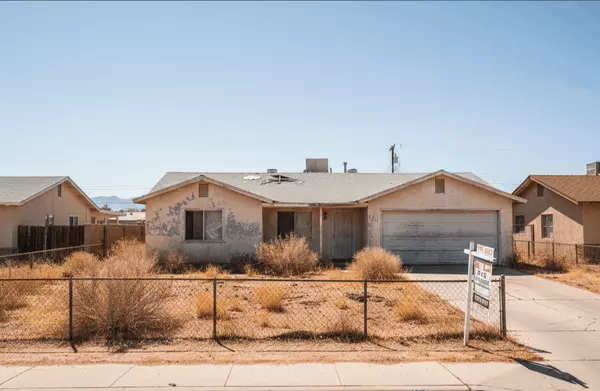Las Vegas Market Update: The Frenzy Is Over — What That Means for You
Here’s the short version: more sellers cut prices this week than listed new homes. Translation? The bidding-war era is cooling off. If you’re selling, now is not the time to play pricing games or hope for a miracle. If you’re buying, this is your moment to negotiate like a pro. Want to know how? Message me.
Why the market shifted
Markets don’t move in a straight line. After months of fast offers and rising prices, we’re finally seeing sellers react to reality. Inventory is inching up, and buyers who were priced out are coming back with more cautious expectations. I saw several price reductions across neighborhoods from Summerlin to Henderson this week. That tells me sellers are adjusting — not panicking, just accepting that comps and buyer budgets matter.
What sellers need to do (no drama, just results)
- Price it right from the start. Overpricing leads to stale listings and lower final offers. I’ve watched homes sit because sellers refused to accept market signals.
- Stage and fix the obvious. Clean, light, and decluttered homes still sell faster and often for more money.
- Be honest about timelines. If you need to sell fast, be realistic on price and terms. If you can wait, you have leverage but expect negotiation.
What buyers should do (play smart, not desperate)
- Come prepared. Get pre-approved and know your numbers. Sellers take offers from prepared buyers more seriously.
- Make strong, clean offers. You don’t always need over-the-top escalation clauses. A fair price with reasonable contingencies wins more often now.
- Ask for concessions wisely. With more sellers reducing prices, you can negotiate repairs, closing costs, or a better possession date.
Negotiation tactics that actually work
Here’s what I use when I’m negotiating for buyers in a cooling market:
- Reference recent price reductions and days on market. Facts beat feelings.
- Offer a clean contract with clear timelines. Sellers value certainty.
- Use appraisal gaps sparingly. If comps support value, fine. If not, don’t lock yourself into risk.
Bottom line
The frenzy is over. That’s not a tragedy — it’s an opportunity. Sellers need to price and present honestly. Buyers now have room to negotiate without the fear of losing every house to a bidding war. I’ve been through cycles like this in Las Vegas and the smart move is always the practical one: accurate pricing, clear offers, and quick communication.
If you’re curious about how these shifts affect your neighborhood or want a no-nonsense game plan — for selling or buying — message me. Seriously. I’ll keep it real and tell you what actually works.
Las Vegas Price Drops 2025: Buyer & Seller FAQ — Summerlin & Henderson Market Guide
Categories
- All Blogs (175)
- Anthem (1)
- Buyers (4)
- Downsizing (12)
- Expired Listings (1)
- Housing Market Trends (91)
- Informative (20)
- Luxury (1)
- MacDonald Highlands (1)
- Madeira Canyon (1)
- Mountains Edge (9)
- Probate (25)
- Queensridge (1)
- Relocation (2)
- Sellers (3)
- Summerlin (11)
- Sun City Summerlin (1)
- Thoughts on Home Tour (2)
Recent Posts










GET MORE INFORMATION

